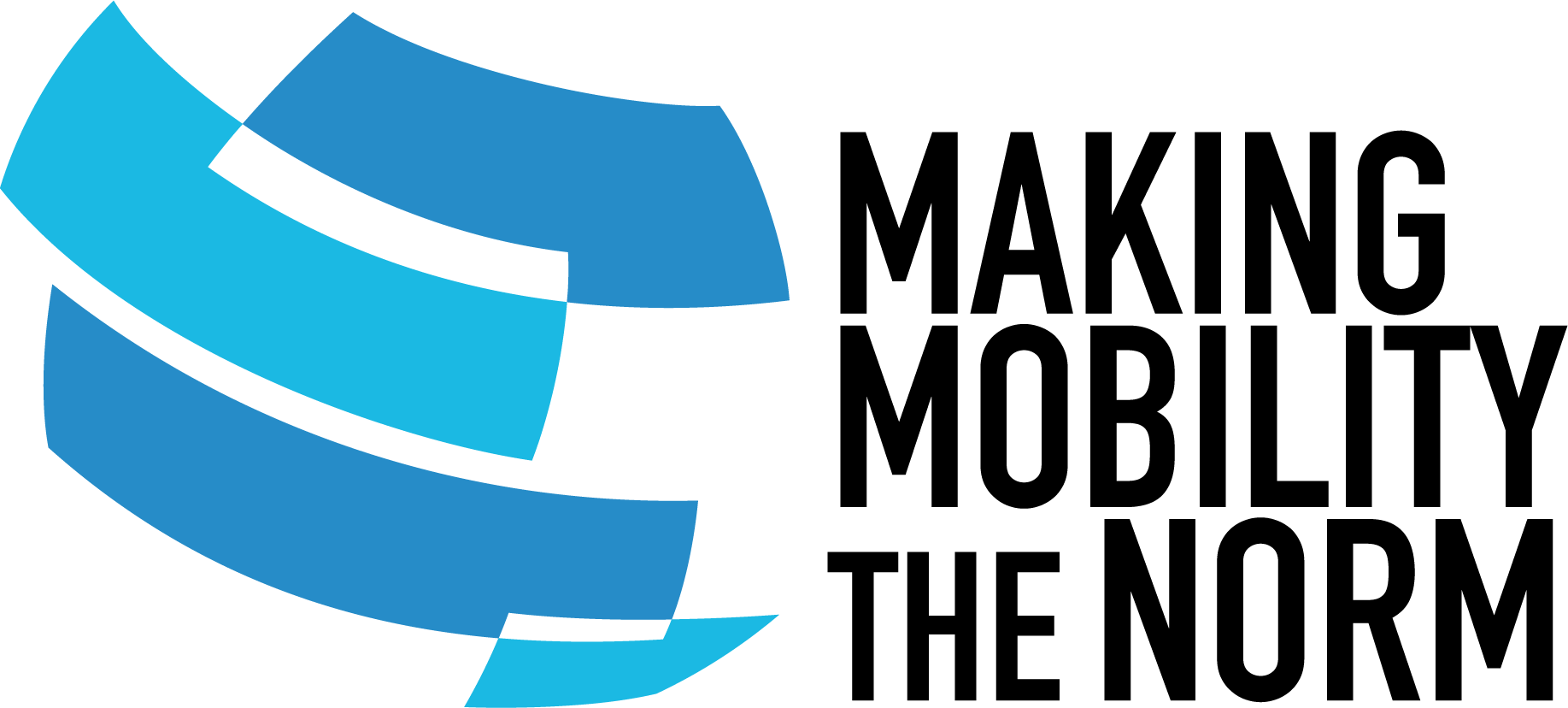Institution
Organizational Unit
Code
ERA-101
ECTS
10
Language of instruction
English
Academic term
1/2
Title
PSYCHOLOGY IN EDUCATION: THEORY, RESEARCH AND APPLICATIONS el
PSYCHOLOGY IN EDUCATION: THEORY, RESEARCH AND APPLICATIONS en
Description
The course is divided into two parts:
A. Psychology in Education: Introductory issues about the psychology of learning and instruction. Motivation in Education: contemporary motivational theories and their applications in educational settings (self-determination theory, implicit theories of intelligence, achievement goal orientations, interest, expectancy - value theory). Avoidance behaviors: avoidance of help-seeking and self-handicapping strategies. Parents’ involvement in children's school life.
Β. Self-regulated learning: Theoretical models, research findings, and intervention programs in educational settings. Development of critical thinking skills in education: Argumentation skills, recognition of fallacies, scientific thinking skills, and critical reading skills.
A. Psychology in Education: Introductory issues about the psychology of learning and instruction. Motivation in Education: contemporary motivational theories and their applications in educational settings (self-determination theory, implicit theories of intelligence, achievement goal orientations, interest, expectancy - value theory). Avoidance behaviors: avoidance of help-seeking and self-handicapping strategies. Parents’ involvement in children's school life.
Β. Self-regulated learning: Theoretical models, research findings, and intervention programs in educational settings. Development of critical thinking skills in education: Argumentation skills, recognition of fallacies, scientific thinking skills, and critical reading skills.
Learning outcomes
By the end of the course students are expected to
(a) achieve an in-depth understanding of how contemporary psychological theories on cognition and motivation are associated with educational practice,
(b) get acquainted with current research findings on self-regulated learning, achievement motivation, as well as on their implications for students, teachers and parents.
(c) acquire knowledge and skills on specialized topics in Psychology in Education such as academic help seeking, self-handicapping, parental involvement in school learning, and critical thinking, in order to able to provide counselling and psychological services to students, teachers and parents.
(a) achieve an in-depth understanding of how contemporary psychological theories on cognition and motivation are associated with educational practice,
(b) get acquainted with current research findings on self-regulated learning, achievement motivation, as well as on their implications for students, teachers and parents.
(c) acquire knowledge and skills on specialized topics in Psychology in Education such as academic help seeking, self-handicapping, parental involvement in school learning, and critical thinking, in order to able to provide counselling and psychological services to students, teachers and parents.
